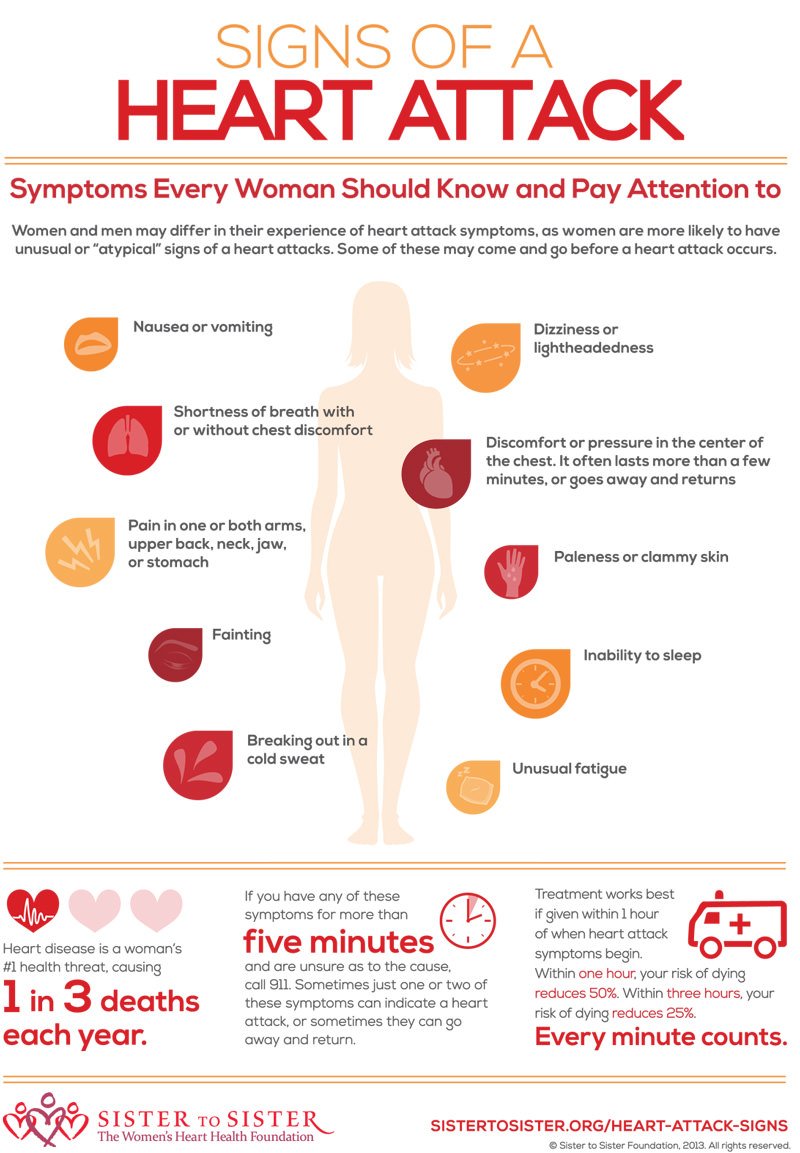The risk of middle aged women getting cardiovascular disease such as stroke, heart failure and heart attack could be reduced by the lowering of blood pressure. Researchers determined that high systolic blood pressure in middle-aged and older women is a strong risk factor for cardiovascular issues.[1] The percentage of potentially reversible as well as preventable heart disease is approximately 36% in women in comparison to 24% in men when measured by monitoring systolic blood pressure for 24 hours.
Researchers observed 9,357 adults worldwide, of which 47% were women, for over 11 years. Individuals were analyzed for relative and absolute risks of cardiovascular disease linked to systolic blood pressure. Three main risk factors make up 85% of the modifiable risk for heart disease in men and women: high cholesterol, high
It was determined that the risk of cardiovascular disease was increased by 56% in women compared to 32% in men with a 15 mm Hg systolic blood pressure increase.
The occurrences of cardiovascular disease in men and women which are potentially preventable by reducing blood pressure were estimated. The relative and absolute risks linked to high blood pressure were evaluated making use of both conventional blood pressure measurements and 24-hour ambulatory blood pressure monitoring.
Ambulatory monitoring entails the measuring of blood pressure for 24 hours while asleep and during daily routine. There is less possibility of error with ambulatory readings, and they give more accurate blood pressure estimates and cardiovascular disease prognosis compared to conventional readings.
Information about blood pressure variability and blood pressure during night time sleep is also obtained with ambulatory blood pressure readings. Night time readings are taken at intervals of approximately 30 – 45 minutes, while daytime readings are taken at intervals of approximately 15 – 30 minutes. Blood pressure readings at night time are a more accurate predictor of heart disease compared to daytime readings due to the fact that readings are more consistent at night compared to the daytime.
By reducing systolic pressure by 15 mm Hg in women with hypertension, there would be an increase in quality of life by way of cardiovascular disease prevention in approximately 40% in women in comparison to 20% in men.

AHealthBlog

